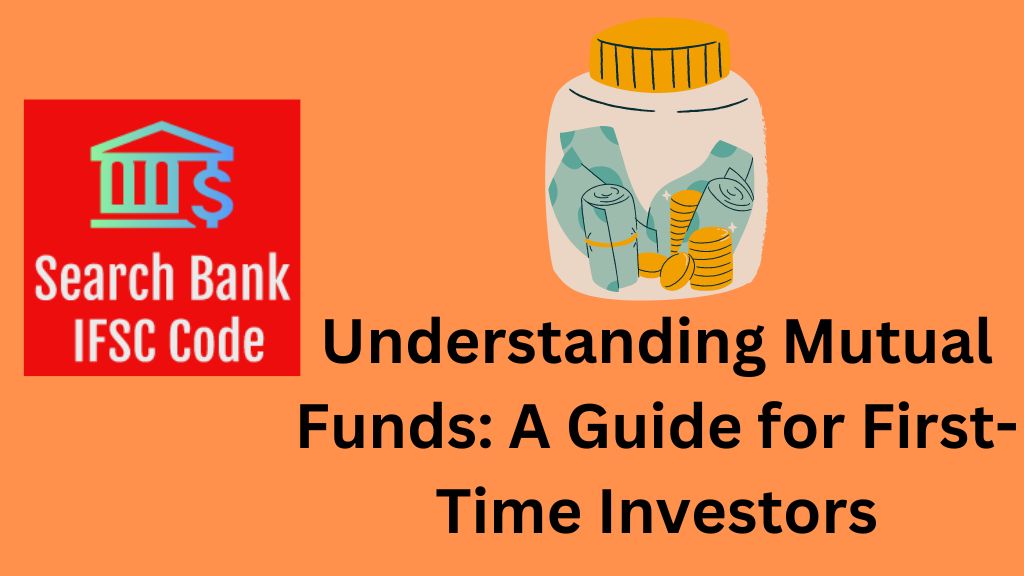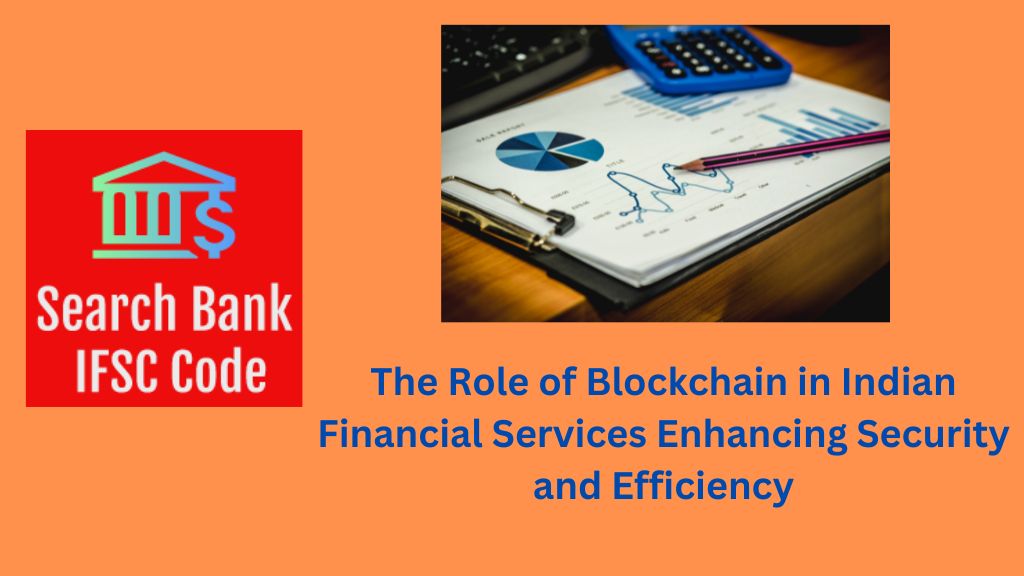Tips for Safe and Secure Online Banking Transactions
Created at: 2023-05-10
Introduction
Online banking has made managing finances convenient and hassle-free. However, with this convenience comes the risk of cyber threats such as identity theft, hacking, and phishing. In today's digital age, it is more important than ever to protect your financial information when conducting online banking transactions. In this article, we will discuss tips for safe and secure online banking transactions.

- Choose a Secure Password
The first and most important step to secure your online banking transactions is to choose a strong password. Avoid using easily guessable passwords such as your date of birth, name, or phone number. Instead, use a combination of letters, numbers, and symbols to create a strong password. Also, make sure to use a different password for each online banking account you have. A password manager can help you keep track of your passwords securely.
- Keep Your Device and Software Up to Date
Keeping your device and software up to date is crucial for the security of your online banking transactions. Hackers often exploit vulnerabilities in outdated software to gain access to your device and steal your financial information. Make sure to regularly update your operating system, web browser, and anti-virus software to protect against cyber threats.
- Use a Secure Network
When accessing your online banking account, make sure to use a secure network. Avoid using public Wi-Fi networks such as those in coffee shops or airports as they are often unsecured and can be easily hacked. Instead, use a secure network such as your home or office Wi-Fi or a personal hotspot.
- Check for Encryption
Encryption is a method of encoding data so that it can only be accessed by authorized parties. Look for the padlock icon in the address bar or "https" in the URL to ensure that the website is encrypted. This indicates that any information you enter on the website, such as your login credentials or financial information, is secure and cannot be accessed by hackers.
- Be Wary of Phishing Scams
Phishing scams are a common tactic used by hackers to steal your personal and financial information. These scams often involve fraudulent emails, phone calls, or text messages that appear to be from your bank or other trusted sources. The message will usually ask you to provide your login credentials or other sensitive information. Always verify the authenticity of the message and the sender before providing any information. Never click on links or download attachments from unknown or suspicious sources.
- Enable Two-Factor Authentication
Two-factor authentication adds an extra layer of security to your online banking transactions. It requires you to provide a second form of authentication, such as a one-time code sent to your phone or email, in addition to your login credentials. This makes it much harder for hackers to gain access to your account even if they have your password.
- Monitor Your Account Regularly
Regularly monitoring your online banking transactions is a crucial step to identify any suspicious activity and take appropriate action. Check your account balance and transaction history frequently, and report any unauthorized transactions to your bank immediately.
- Use a Virtual Private Network (VPN)
A virtual private network (VPN) is a service that encrypts your internet connection and hides your IP address. It adds an extra layer of security to your online banking transactions by making it harder for hackers to intercept your data. When using a VPN, make sure to choose a reputable provider and select a server located in a trusted region.
Conclusion :
Online banking has made our lives easier by providing the convenience of banking from anywhere at any time. However, it also comes with the risk of frauds and scams. It is crucial to be aware of the security risks and take the necessary precautions to keep our online banking transactions safe and secure.
By following the tips mentioned above, you can protect yourself from online banking frauds and scams. Always keep your devices, software, and anti-virus updated, use strong passwords, and enable two-factor authentication to add an extra layer of security. Be cautious of suspicious emails, calls, and messages and never disclose your personal and financial information to anyone.
It is also advisable to regularly monitor your bank statements and account activities and report any unauthorized transactions to your bank immediately. By being vigilant and proactive, you can enjoy the benefits of online banking without compromising your security and financial well-being.





